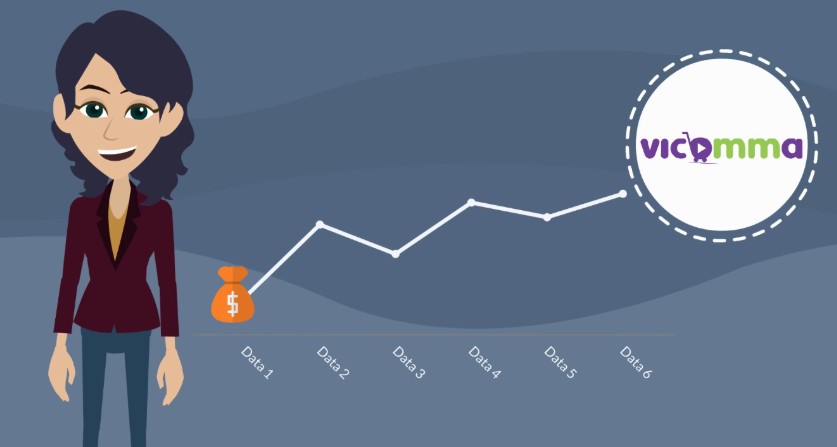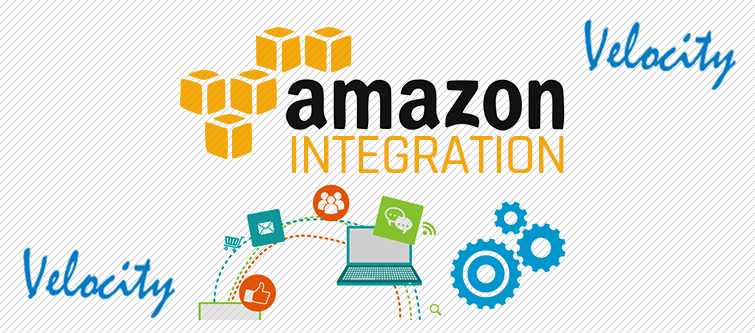In today’s highly competitive business environment, companies constantly seek ways to streamline their operations, expand their reach, and optimize their supply chains. One approach that has gained significant traction in recent years is the adoption of vendor marketplaces. These platforms, where multiple vendors and suppliers offer their products or services in a centralized online space, are rapidly becoming a key solution for businesses looking to improve efficiency, reduce costs, and unlock new growth opportunities.
Whether you are a small business just starting or a large enterprise looking to simplify procurement processes, a vendor marketplace can offer numerous advantages. Below, we explore the key reasons why choosing a vendor marketplace might be the right choice for your business needs.
Table of Contents
Toggle1. Access to a Wide Range of Products and Services
One of the most significant benefits of using a vendor marketplace is the variety and breadth of offerings available. Instead of spending time researching and negotiating with multiple suppliers, a vendor marketplace consolidates a broad range of vendors and their products in one place.
This means businesses can find everything they need—from raw materials and finished goods to specialized services—without the hassle of searching across various websites or physical locations. Moreover, marketplaces often feature vendors from diverse industries and regions, giving you access to both local and global suppliers. This range allows you to compare prices, quality, and delivery times quickly, enabling you to make more informed purchasing decisions.
2. Cost Savings and Competitive Pricing
Vendor marketplaces are highly competitive environments. Since multiple vendors offer similar products or services, businesses can often take advantage of more competitive pricing. Sellers on these platforms may offer discounts or bulk purchase incentives to attract customers. Additionally, because marketplaces can aggregate demand, suppliers often offer lower prices than if they were selling individually.
Furthermore, marketplaces reduce overhead costs for businesses. Traditional procurement methods may involve maintaining multiple vendor relationships, managing invoices, and dealing with a variety of payment systems. Vendor marketplaces centralize these processes, often with integrated payment systems, invoicing, and sometimes even financing options, reducing the administrative burden and ultimately lowering the overall cost of procurement.
3. Simplified Procurement Process
In traditional procurement models, businesses often deal with numerous suppliers, which can result in inefficiencies, delays, and confusion. Managing multiple contracts, invoices, and delivery schedules can be overwhelming and time-consuming.
Vendor marketplaces streamline the procurement process by providing a one-stop shop where all transactions, communications, and logistics can be managed in one place. Many marketplaces offer easy-to-use dashboards that help businesses track orders, monitor inventory, and manage supplier relationships from a single interface. Additionally, features like automated order fulfillment, real-time inventory updates, and integrated shipping services ensure that businesses can make purchases quickly and track progress with ease.
4. Improved Supplier Management and Risk Mitigation
Finding the right suppliers is crucial to a business’s success, but it can be a difficult task when dealing with multiple vendors. With a vendor marketplace, businesses gain access to a curated list of trusted suppliers, often accompanied by reviews, ratings, and feedback from other users. This transparency makes it easier to evaluate suppliers based on their reputation, performance, and reliability.
Moreover, vendor marketplaces typically offer mechanisms for mitigating risks related to product quality, delivery delays, or payment disputes. Many marketplaces have policies and safeguards in place that protect businesses and buyers, such as payment protection plans, return policies, and dispute resolution processes. This reduces the risk of fraud and ensures that businesses can rely on the marketplace to handle any issues that arise.
5. Scalability and Flexibility
Whether you’re a small startup or a large corporation, scalability is an essential consideration for your business. As your business grows, your procurement needs will evolve. Vendor marketplaces offer the flexibility to scale quickly without the need for extensive reconfiguration of your procurement processes.
For example, if your business expands into new product categories or geographies, a vendor marketplace can help you seamlessly find new suppliers without disrupting existing operations. Many marketplaces are designed to grow with your business, offering advanced features like multi-currency support, international shipping options, and the ability to handle large order volumes efficiently.
6. Time Savings and Efficiency
Vendor marketplaces significantly reduce the amount of time spent sourcing, comparing, and negotiating with individual suppliers. With everything housed in one centralized platform, businesses can search for products, compare specifications, and place orders in just a few clicks. Furthermore, the use of automation in these marketplaces—such as automatic order processing, inventory updates, and billing—ensures that businesses spend less time managing the logistics and more time focusing on their core operations.
For businesses that need to purchase regularly or in bulk, vendor marketplaces also allow for streamlined reordering. Many platforms offer subscription models or allow businesses to save frequent orders, making it easy to reorder items when needed. This automation can save your procurement team countless hours, improving efficiency across the board.
7. Analytics and Data-Driven Insights
Vendor marketplaces often provide valuable data and analytics that can help businesses optimize their purchasing strategies. By analyzing historical purchasing patterns, order volumes, and supplier performance, businesses can gain insights into areas where they can save costs or improve their supply chain operations.
Marketplaces often provide metrics on delivery times, product quality, and vendor responsiveness. With this information, businesses can make data-driven decisions about which vendors to prioritize, which products are most cost-effective, and how to improve overall procurement efficiency.
8. Access to Advanced Technology
Many vendor marketplaces are built with advanced technologies like AI, machine learning, and automation. These technologies improve the user experience by offering personalized product recommendations, predictive analytics, and automated inventory management. For example, some platforms automatically suggest alternate vendors or products based on past purchases, making it easier for businesses to discover new suppliers and products that meet their specific needs.
Moreover, marketplace platforms often integrate with other business tools such as enterprise resource planning (ERP) systems, customer relationship management (CRM) software, and accounting systems. These integrations ensure that all aspects of your business operations—from procurement to accounting—are connected and streamlined.
9. Expedited Time to Market
In industries where speed is critical, such as tech, fashion, and electronics, vendor marketplaces can provide businesses with the ability to get products or materials faster. By working with a marketplace that has established logistics and partnerships with reliable suppliers, businesses can often shorten their time to market and deliver products to customers more quickly.
Conclusion
A vendor marketplace offers a compelling solution for businesses looking to optimize their procurement processes, reduce costs, and expand their supplier base. By consolidating multiple vendors in one platform, businesses can access a wide range of products, negotiate better prices, streamline operations, and gain valuable insights into their purchasing habits. Whether you’re a small startup or a large corporation, a creative services can provide the flexibility, scalability, and efficiency needed to meet the demands of the modern business landscape.
With lower overhead costs, improved supplier relationships, and more effective risk management, choosing a vendor marketplace could be one of the smartest decisions you make for your business. If you’re looking to simplify procurement, improve your bottom line, and gain a competitive edge, a vendor marketplace is worth considering.









